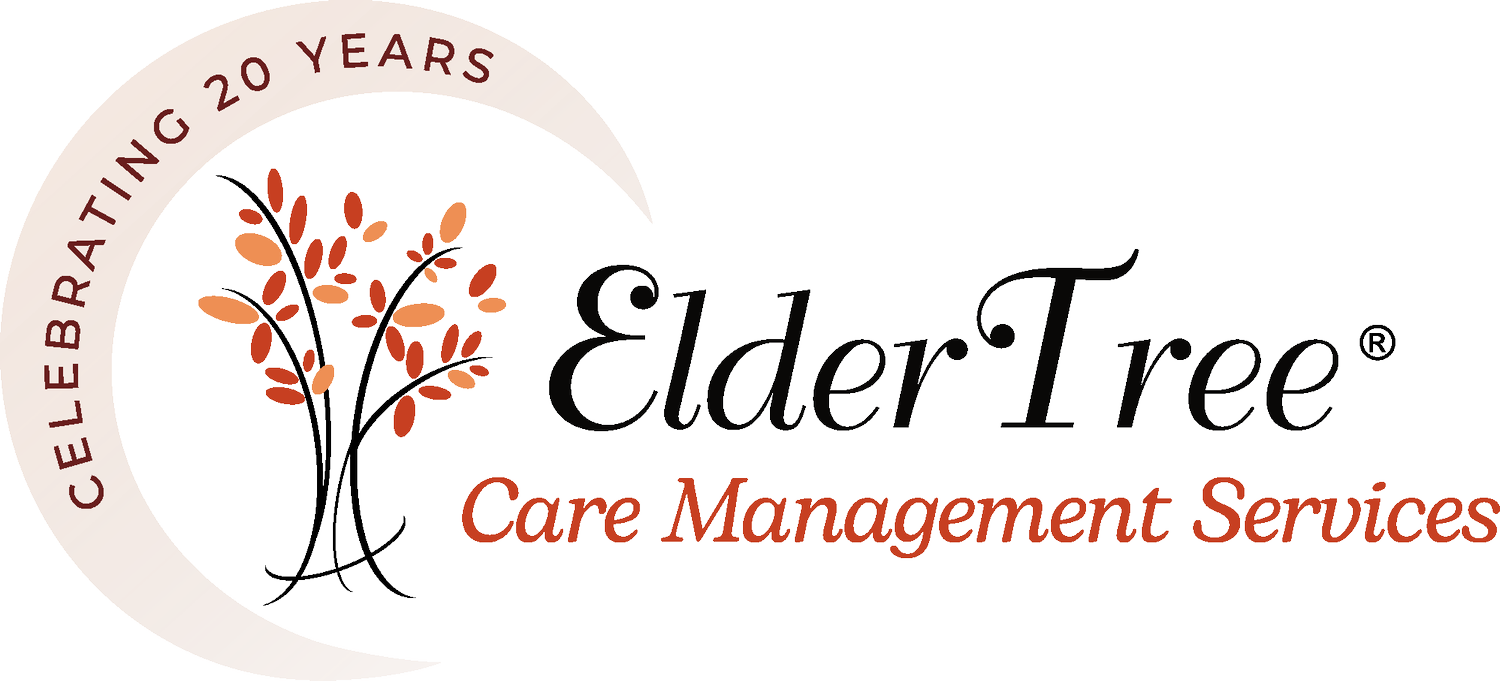GAL and Care Manager Collaboration
Creating a plan prior to the resolution of a guardianship proceeding is imperative to bring the case to closure. The responsibility for doing so falls to the guardian ad litem who is charged with interpreting the client’s medical, psychosocial and financial needs, and making recommendations to the court. This is a daunting task which is made easier by the inclusion of a neutral third-party advocate for the older adult: a care manager.
ElderTree Care Management is able to serve as expert witnesses in front of the court and has significant experience in doing so. When engaged during the expository process, we work in conjunction with the guardian ad litem to provide a detailed assessment of what the client needs to be cared for appropriately and to have an optimal quality of life given their specific circumstances.
Opposing parties are often at odds financially.
Aging Life Care Managers have in-depth knowledge as to how much the care plan will cost and which services and programs are financially possible to ensure that the client’s money is spent wisely and that all possible community-based options are considered. ElderTree provides the GAL with a detailed summary of the client’s ADL/IADL needs, medication regimen, diagnostic history, home life, nutrition, and also makes a series of recommendations for how to improve or stabilize the situation. When asked to do so a care manager, as a neutral participant, is also able to weigh in on which of the parties could best meet the client’s needs as guardian/conservator.
Care managers are also masterful at de-escalating the situation between interested parties in a court case. Through ongoing care management, ElderTree gently helps families come to consensus, navigate access to the elder, while providing 24-hour support and communication with attorneys and family to ensure that the elder and his/her needs remain at the center of the care plan.
Over our 16 years of service, ElderTree has been fortunate to work with many elder lawyers. A recent situation in which care management helped the guardian ad litem is exemplified in the case of Mrs. Jones (name changed).
Mrs. Jones lived alone in Oakton and had a diagnosis of Progressive Supranuclear Palsy (PSP). She was divorced, fiercely independent, and had two daughters who lived out of state – one was a doctor and the other a lawyer. When we met Mrs. Jones, the daughters had filed a guardianship petition and Mrs. Jones, in return, had sought her own counsel to fight the guardianship. Given the progressive nature of PSP, the cognitive challenges, and frequent falls Mrs. Jones was experiencing, the Guardian Ad Litem asked ElderTree to conduct an assessment report and make recommendations to be used in the GAL’s Report.
The ElderTree care manager met with Mrs. Jones in her home, reviewed her medical charts, and spoke with the daughters, who both maintained that they simply wanted their mother to receive the necessary care. ElderTree sensed that there was a great love amongst this family unit and that the daughters were afraid for their mother who was not communicating effectively with them and being “stubborn”. Hitting a wall in communication with their mother and watching the disease progress, the daughters used their professional experiences as a doctor and lawyer to try to force her to get the care they perceived she needed. What was lost in the legal process, however, was the fear Mrs. Jones had of losing her autonomy and the juxtaposition of the parent/child relationship. The children wanted her to have 24-hour care or to move. Mrs. Jones loved her house and wanted to stay.
The care plan, which evolved organically from the assessment report, broke down the psychosocial barriers and assumptions the family held.
Recommendations were made to ensure a financially and physically viable at-home care plan could be sustained with ongoing care management support as needed by ElderTree. In addition, a neutral third party was recommended as a decision-making partner for Mrs. Jones, who still had the capacity to express her wishes, allowing the daughters to spend time with their mother without the burden of a legal relationship while still having an outlet through care management and the neutral party to feel heard.
As a result of ElderTree’s assistance, the guardianship petition was dropped, and Mrs. Jones signed an active power of attorney with a close family friend who honored her wish to remain in her home. The children continued to spend time with their mother, and ElderTree was a resource of support to them throughout the progression of Mrs. Jones’ disease. Mrs. Jones lived in the home she loved until the day she died.
ElderTree values the opportunity to support GALs in their very important role.
We are always available to problem solve a situation with elder lawyers and can conduct and write a comprehensive assessment report often within days of being engaged.
